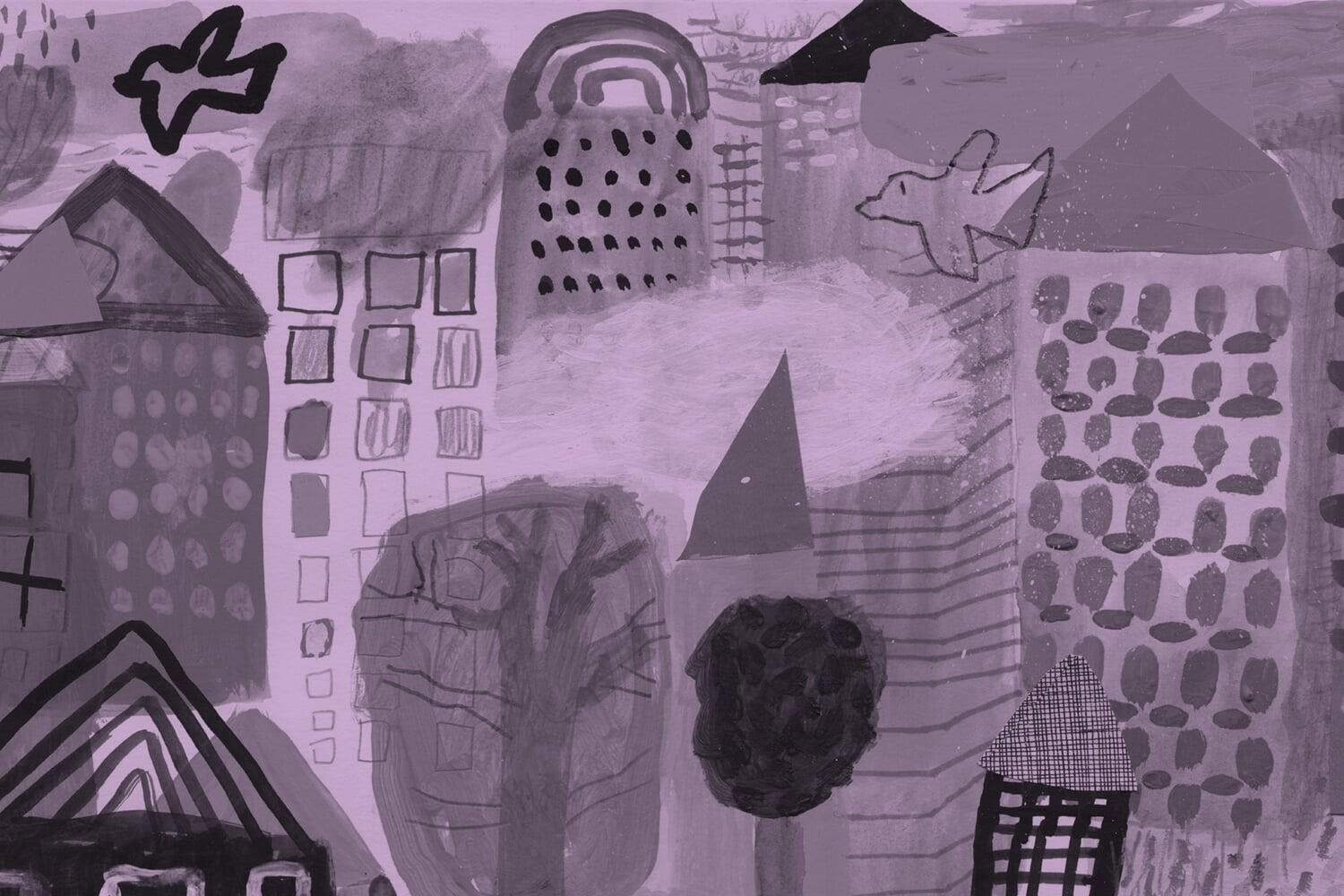The Pathway to Excellence | Lead
Formal Leadership
What is formal leadership? Leadership is about the art of directing, motivating, influencing, and inspiring people so that they work together willingly to achieve the goals of the team or the broader organisation. Often, we will show leadership qualities by supporting the formal leadership of others and by doing what we do as well as we can as a service for others. Most of us, however, will be presented with opportunities to exhibit leadership from the front in our lives in formal positions infused with authority to take action and make decisions to build the future for the benefit of others.

LEADERSHIP THROUGH DUTY AND COMMUNITY
In the course of our lives, most of us will take on leadership roles. Leadership is about the art of directing, motivating, influencing, and inspiring people so that they work together willingly to achieve the goals of the team or the broader organisation. Often, we will show our leadership qualities by supporting the formal leadership of others and by doing what we do as well as we can as a service for others. Most of us, however, will have some opportunity to exhibit leadership from the front in our lives. These roles may be formal positions infused with authority to take action and make decisions.
At the same time, we will do these duties as parents, as friends, in our work, and in our associations. Our context, therefore, shapes our leadership. Leadership within and beyond a community is an essential act of service. In doing so, we will participate in leadership processes in order to carry out our commitments to the communities and organisations in which we work, the social or volunteer groups of which we are a part, the neighbourhoods in which we live, and the family, friendship and professional groups with which we identify.
We recognise the need for leaders in our communities who can compel us into a sustainable future without abandoning what we know is truly important. We seek leaders who will understand when to conserve our honourable traditions and when to build new traditions by transforming the past into an exciting and achievable future. We want our leaders to grapple with the complexities of all of this and to make them seem simple and doable.
Great leadership, thus, is about the vision for and unfolding of corporate capability. People of integrity and faith are called to be caretakers of our gifts, and healing agents who seek after justice and truth. If they do this with all sincerity, then they will influence others, leave a powerful legacy, and be valued as legitimate leaders of stature. This greatness is always achieved in good company. When a community strives for greatness in all its dimensions, it will need all of its members to help it climb the various mountains.
“We are all measured by what sort of people we have become.”
Dr Ian PM Lambert
LEADERSHIP THROUGH VALUES AND TEAM IDENTITY
Leaders build relationships within teams and help these teams to define their identities.
Identity is not that easy to create and define. We construct our individual identities by negotiating the relevance of our values in our daily lives. Some find it easy to live these values, while others struggle to understand and articulate them. If we are less responsible than we would like to be, or we know we should be, does that make us less worthy? What about integrity or trustworthiness? How many of us can say that we are always honest or always truthful? Yet that does not stop us from seeking out the truth that we know will be unfolded for us. It does not stop us from being human. We believe that whoever influences the core values in a group is the real leader. What might these values be? Our research globally suggests the following values are particularly relevant for leadership in our times:
- Meaning: knowing what is right – leadership “for good”
- Transformation: enabling change – leadership “for change”
- Authenticity: acknowledging truth – leadership “for real”
- Sustainability: nurturing the team and protecting resources – leadership “for life”
- Service: serving others first – leadership “for others”
- Relationships: encouraging and empowering community – leadership “for each other”
If we are what our values direct, then our formal leadership is as much about “being” as it is “doing”. Leaders have a challenging task in this respect. They need to set standards, lead by example and help teams to get things done. They need to develop the character and competencies of others. They need to help us to feel as though we belong and coach us to fulfil our potential. They must model, expect and demand of us that we do good and right things in our lives. While they are doing this, they must be able to display the highest standards of personal conduct and integrity at all times. They will be called upon to lead by example, and will, at times, have to stand aside from their peers and at all times put the interests of the team before their own interests, wishes and comfort. In turn, the opportunity to serve in this way will provide leadership opportunities that will contribute to one’s personal development.
The leader’s ultimate influence will depend upon their ability to work as a member of a team, to communicate effectively, to work hard, to serve others, and to promote and maintain positive values, attitudes and behaviours. The success of our leadership can be seen, therefore, in the collective activity of team members to commit to a direction and accomplish the tasks necessary to get the job done in a manner that is aligned to a desired purpose and culture.
LEADERSHIP THROUGH PURPOSE AND CULTURE
Understanding who you are as a leader is as much about defining your sense of purpose as anything else. For it is through our sense of mission that we are most formed in terms of our leadership practice. Our beliefs about what is important and what should be done about these things drive our compelling narrative, the reason why we do what we do. Our leadership task in this respect is to convince those around us of the worthiness of this purpose. In doing so, our leadership becomes also an opportunity to shape and enhance our present and future culture in our changing world through the application of an honourable purpose.
Who could have imagined the remarkable changes of our times that compel us look at the world and our concept of the nation-state in such a different fashion? The pace of life, the ever-increasing sense of connectedness with all parts of the globe, and our increasing respect for the contributions of so many communities makes it impossible to shut out the world. As such, we are part of the world, and the world in turn increasingly causes us to adapt what we do and therefore who we are to suit these changes.
We also now have a much greater appreciation of the value of a person, especially in terms of the need to protect the freedoms of the individual and the imperative for us to respect difference in individuals. The same applies for the groups and communities which comprise our society. Once, it was considered normal (and even desirable) to give a hard time to newcomers or those whose lives did not match those of the mainstream. Now, it is (we trust) not the “done” thing. Some, however, yearn for what they imagine was a simpler past. They struggle to see beyond the confines of their prejudices. Others embrace a cosmopolitan world view. Neither of these groups is necessarily better than the other; all contribute, sometimes with glory and sometimes with shame, to our human condition. It is this very human condition, with all of its attendant strengths and frailties which informs our sense of what it means to be all of one. The tensions between the individual and the group, the powerful and the powerless, the idealistic and the pragmatic, the conformists and the rebellious have always been a part of human existence. That we aspire to a more coherent society will not make these competing tensions go away.
We should have confidence in each other and our potential. Therefore, we should offer others outstanding opportunities and we expect them to be taken. We should want them to be intellectually curious, responsive and persistent, and enriched by the possibilities. We should want them to recognise and to honour the privileges which have been given to them, to become compassionate citizens of the world, and to seek wisdom and knowledge through trust, fidelity, friendship and faith. Thus, inclusive thinking, which seeks to serve the common good, should be a strong part of the traditions of a community, its leadership and its culture. We should enshrine the belief that all people have intrinsic value both to give to and to receive support from the community. At the heart of an inclusive philosophy is the fundamental point of view that my wellbeing cannot be gained at the expense of the “other”. It is important that we all are very conscious of the need to help those in special need, to achieve their goals, encourage the establishment of a compassionate and empathetic community that is inclusive and respects diversity, and see themselves as catalysts for inclusivity — supporting and empowering people. It is important for us to recognise that a caring community does not simply emerge as a byproduct of good intentions. It presents a goal that has to be deliberately planned and worked towards — it must be the outcome of the good leadership of all of us.
This should not weaken our resolve to make our lives and the lives of all better. This is our truth for the 21st century — we can resolve this challenging set of competing interests by enhancing the dignity of all of those involved in our adventure. In doing this, it is far more constructive for us to start with recognising and celebrating what we are good at, and then to move on from there to more difficult ground. It is in this way that we are likely to build and lead together and to develop a greater understanding of all of those who make up our society.
Great communities need to build on a strong core of people who really care about the place and who have ideas and the moral will to persist. What is needed for sustainable long-term performance and improvement is leadership at many levels of the organisation. Our leadership, then, is not simply a role or an assigned position; it is earned and affirmed by those with whom we work. Every day, our community members model leadership to and inspire each other. And so, leadership is a way of being in the community, a way of being among friends, a way of taking on challenges, and most centrally, a way of building capacity and vision through purpose and culture in the ones we are called to serve and to bring honour to the institution and its people.
LOCATING FORMAL LEADERSHIP IN OUR LIVES
In the end, we believe people can grow in their formal leadership of our communities by:
- Building healthy habits of formal leadership planning and reflection – how you take the opportunity to reflect on your capacity to evaluate your leadership and the potential for your growth through different leadership experiences
- Adopting an approach to establishing and maintaining constructive formal leadership in a community context – how you go about serving your friends and acquaintances in the broader community through the formal leadership you provide to them in different organisations and groups
- Working out a practical approach to providing formal leadership in an educational context – how you manage taking up formal leadership opportunities while undergoing formal education and balancing the different responsibilities that arise from both
- Locating their capacity to contribute within formal leadership in a work context – how you provide service and leadership to your employer, colleagues and associates within an employment setting







